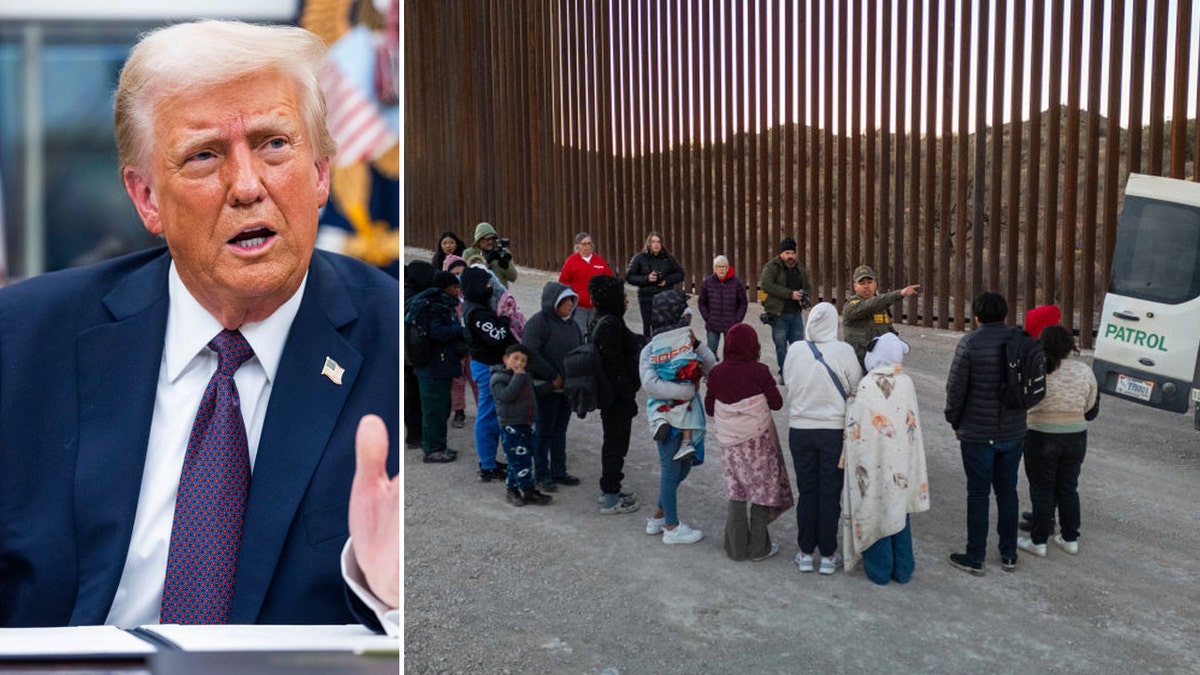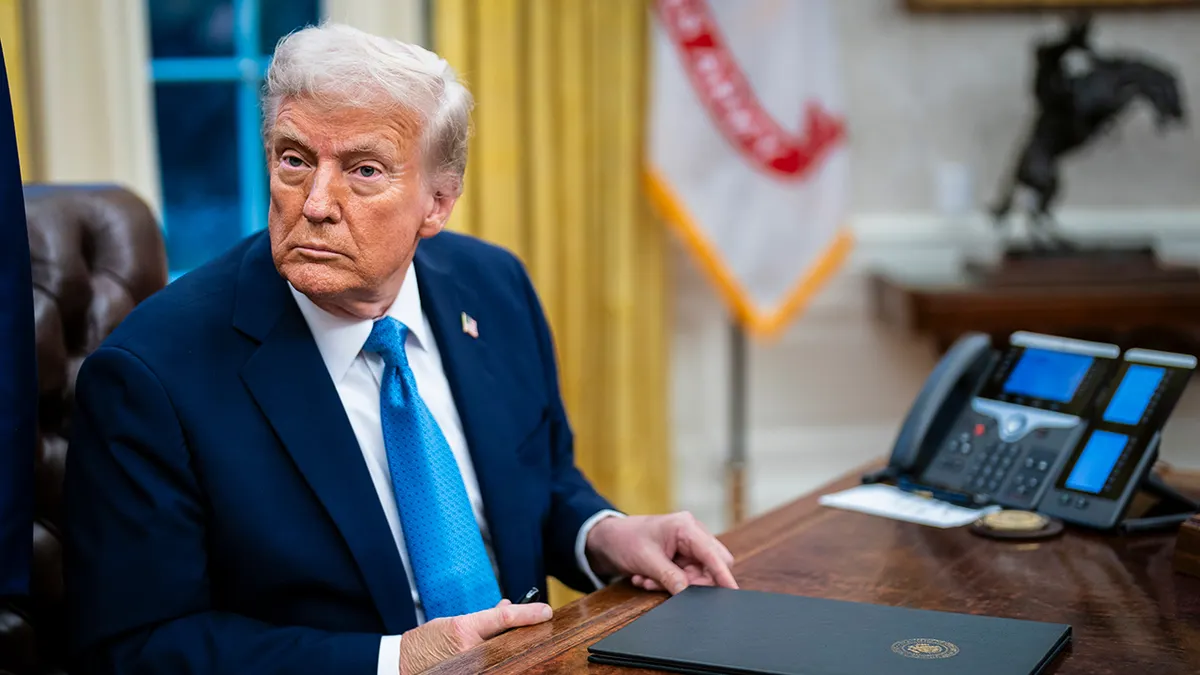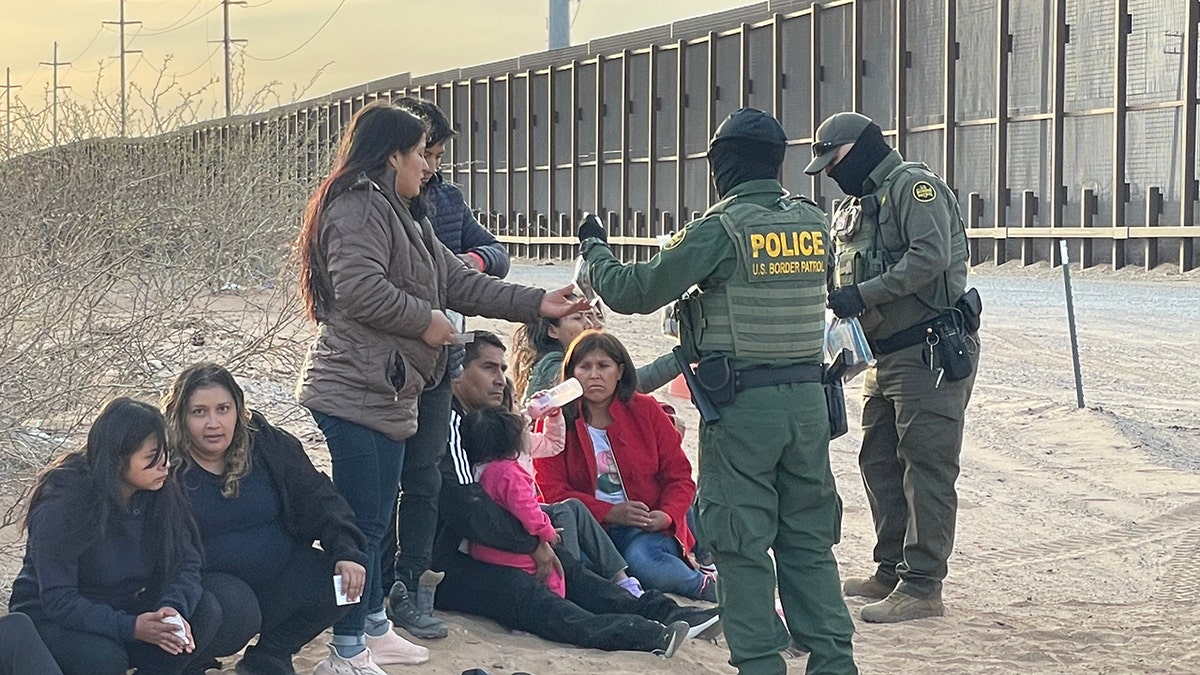Former President Donald Trump's immigration and border security policies during his second term were significantly influenced by the actions of his predecessor, Joe Biden. According to Lora Ries, director of the Heritage Foundation's Border Security and Immigration Center, Biden's policies were "the primary cause" of increased border crossings, necessitating "quick and drastic steps" to address the situation.

Upon returning to office, Trump swiftly reversed several Biden-era policies, including mass parole programs and the CBP One mobile application. However, his second-term approach went further, introducing new initiatives not seen in his first term. These included suspending the U.S. refugee admissions program, challenging birthright citizenship, and establishing a Homeland Security task force in every state for intelligence gathering and logistical support.
Another notable action was the requirement for all non-citizens to register with the Department of Homeland Security, a measure Ries believes is crucial for gaining a clearer understanding of the number and identities of individuals in the country.

Ries suggests further steps, such as halting funding for NGOs involved in immigration and addressing the substantial backlog of immigration cases at the Department of Homeland Security and the Justice Department. She also proposes declaring an emergency concerning missing unaccompanied minors and focusing on returning them to their home countries rather than granting immigration benefits. Ries emphasizes the limitations of executive action, urging Congress to allocate increased resources to Immigration and Customs Enforcement (ICE), specifically advocating for 100,000 detention beds. Furthermore, she stresses the need for Congress to close legal loopholes that could be exploited by future administrations to reverse these policies.









